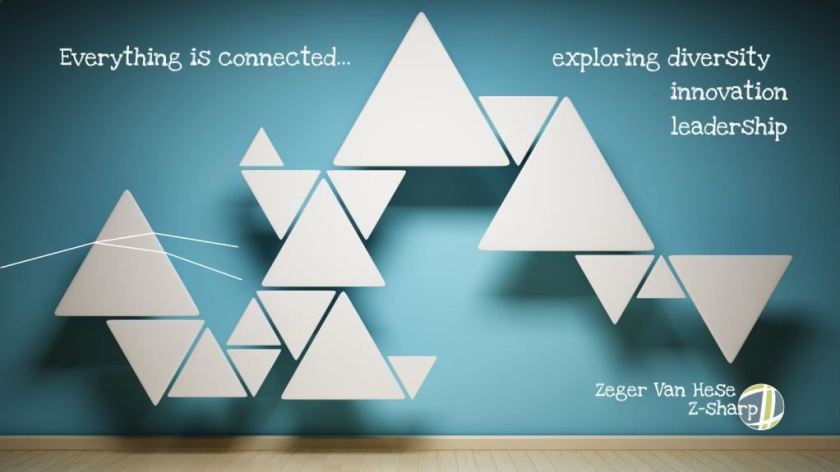
The software testing profession looks like a steadily maturing profession from the outside. After all, there are certifications schemes like ISTQB, CAT, IREB and QAMP (the one to rule them all), standards (ISO 29119) and companies reaching TMM (test maturity model) levels that – just like a Spinal Tap guitar amplifier – one day might even go up to 11. The number of employees that companies send off to get certified in a mere three days is soaring, and new certification programs are being created as we speak. Quick and easy. Multiple choice exams for the win!
The reality, however, is that the field of software testing is torn between different “schools” of testing. You could see these schools as determined and persistent patterns of belief, speech and behaviour. This means that different people – all calling themselves “test professionals” – have vastly different ideas of what testing is all about. Even something elementary as the definition of testing varies from “demonstration of fitness for purpose” to “questioning a product in order to evaluate it”, depending on who you talk with (for more info on the schools of software testing, I heartily recommend Brett Pettichord’s presentation on the subject).
And so it happens that different people think differently about “good” or “mature” software testing. I, for one, don’t believe in tester certification programs, at least not in the format they are in now and the way they are being used in the testing profession. The current business model is mainly designed to get as many people as possible certified within the shortest timeframe. Its prime focus is on certifiability, not on tester skill, and certainly not on the advancement of the craft. Advancement comes from sharing, rather than shielding.
Rapid Software Testing (RST)
So what are the options for a tester on a quest for knowledge and self-improvement? What is a budding tester to do?
I think there are valuable alternatives for people who are serious about becoming a world-class tester. One of these is Rapid Software Testing (RST), a 3-day hands-on course designed by James Bach and Michael Bolton.
Actually, calling this “a course” doesn’t do it justice. RST is at the same time a methodology, a mind-set and a skill set about how to do excellent software testing in a way that is very fast, inexpensive, credible and accountable. It is a highly experiential workshop with lessons that stick.
How is RST different?
During RST you spend much of the time actually testing, working on exercises, puzzles, thought experiments and scenarios—some computer-based, some not. The goal of the course is to teach you how to test anything expertly, under extreme time pressure and conditions of uncertainty, in a way that will stand up to scrutiny.
The philosophy presented in this class is not like traditional approaches to testing, which ignore the thinking part of testing and instead focus on narrow definitions for testing terms while advocating never-ending paperwork. Products have become too complex for that, time is too short, and testers are too expensive. Rapid testing uses a cyclic approach and heuristic methods to constantly re-optimize testing to fit the needs of your clients.
What’s in it for you?
- The ability to test something rapidly and skilfully is critical. There is a growing need to test quickly, effectively, and with little information available. Testers are expected to provide quick feedback. These short feedback loops make for more efficient and higher quality development
- Exploratory testing is at the heart of RST. It combines test design, test execution, test result interpretation, and learning into a seamless process that finds a lot of problems quickly. Experienced testers will find out how to articulate those intellectual processes of testing that they already practice intuitively, while new testers will find lots of hands-on testing exercises that help them gain critical experience
- RST teaches you how to think critically and ask important questions. The art of questioning is key in testing, and a very important skill for any consultant
- RST will provide you with tools to do excellent testing
- RST will heighten your awareness
Bold claim bottom-line:
RST will make you a better tester.
RST comes to Belgium
Co-learning and Z-sharp are proud to announce that from 30 September – 2 October, Michael Bolton will visit Belgium to deliver the first ever RST course on Belgian soil, giving you the opportunity to experience this unique course in person. More info can be found here, or feel free to contact us for more info.
Brace yourself for an mind-opening experience that will energize and boost your mind.
All the way up to 11.
(for even more information and testimonials about RST, see Michael Bolton’s RST page)


